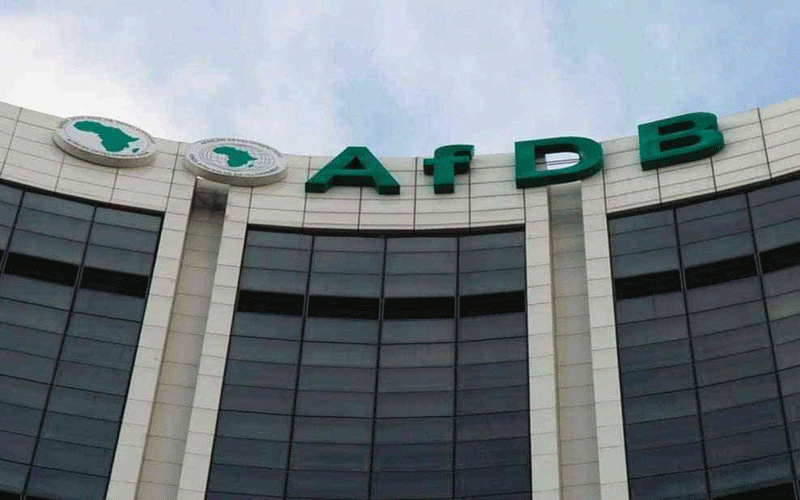INDIA’s Modular Open-Source Identity Platform (MOSIP) is seeking to collaborate with the Southern African Development Community (Sadc) to expand its reach and enhance the bloc’s national identity systems.
MOSIP was established in 2018 to address complex challenges around the implementation of foundational identification (ID) systems.
The platform helps governments conceive, develop, and implement effective digital public infrastructure in countries.
For governments which sign on, authorities are enabled to either adopt digital ID systems or enhance existing systems, while ensuring complete ownership over their country’s digital infrastructure.
This comes at a time when the Zimbabwean government is seeking to strengthen its own digital infrastructure, which it sees as key to its economic development.
- NTS cautiously optimistic of better business environment
- Victoria Falls Hotel lease remains intact: Owners
- Rabbit meat demand surges in Zim: Zicorba
- As 2024 ends, insurers fret over govt third-party insurance takeover
- ZICT boss warns of cryptocurrency scams
During an Eastern and Southern Africa journalists familiarisation tour in New Delhi, India, earlier this month, MOSIP chief strategy officer Arun Gurumurthy said the platform had potential to fortify digital identity frameworks in Sadc nations.
“We are eager to engage Sadc countries, but we don’t approach this as a marketing exercise,” he said.
“We are open to working with any government that shares our vision for secure and scalable identity systems.”
Basically, MOSIP offers countries modular and open-source technology to build and own their national identity systems.
The platform’s modular design allows countries to easily configure and customise their foundational digital identity systems, enabling a high degree of flexibility without being tied to proprietary technologies.
Hence, MOSIP is an open-source project that reduces dependency on outside suppliers and proprietary solutions by enabling governments to create and manage their own national identity systems.
Gurumurthy said MOSIP had already hosted a delegation from South Africa for a learning exchange and was in ongoing discussions with Zambia to do something similar.
He noted that one of the platform’s main principles was the safe transfer of data between government systems, which needed to be done with careful consideration for user
consent.
“Consent must remain central to any data-sharing process. Wallet-based data sharing is emerging as a cutting-edge technology, and the idea of data exchange is changing quickly,” Gurumurthy said.
He cited the European Union’s Digital Identity Wallet as an example of what MOSIP seeks to do, as it gave consumers control over what information they reveal, with whom and for how long.
He said this strategy was essential for any government thinking about implementing a system of universal data interchange that respected consent and privacy.
Non-binding memorandums of understanding are the main way that MOSIP interacts with African governments.













